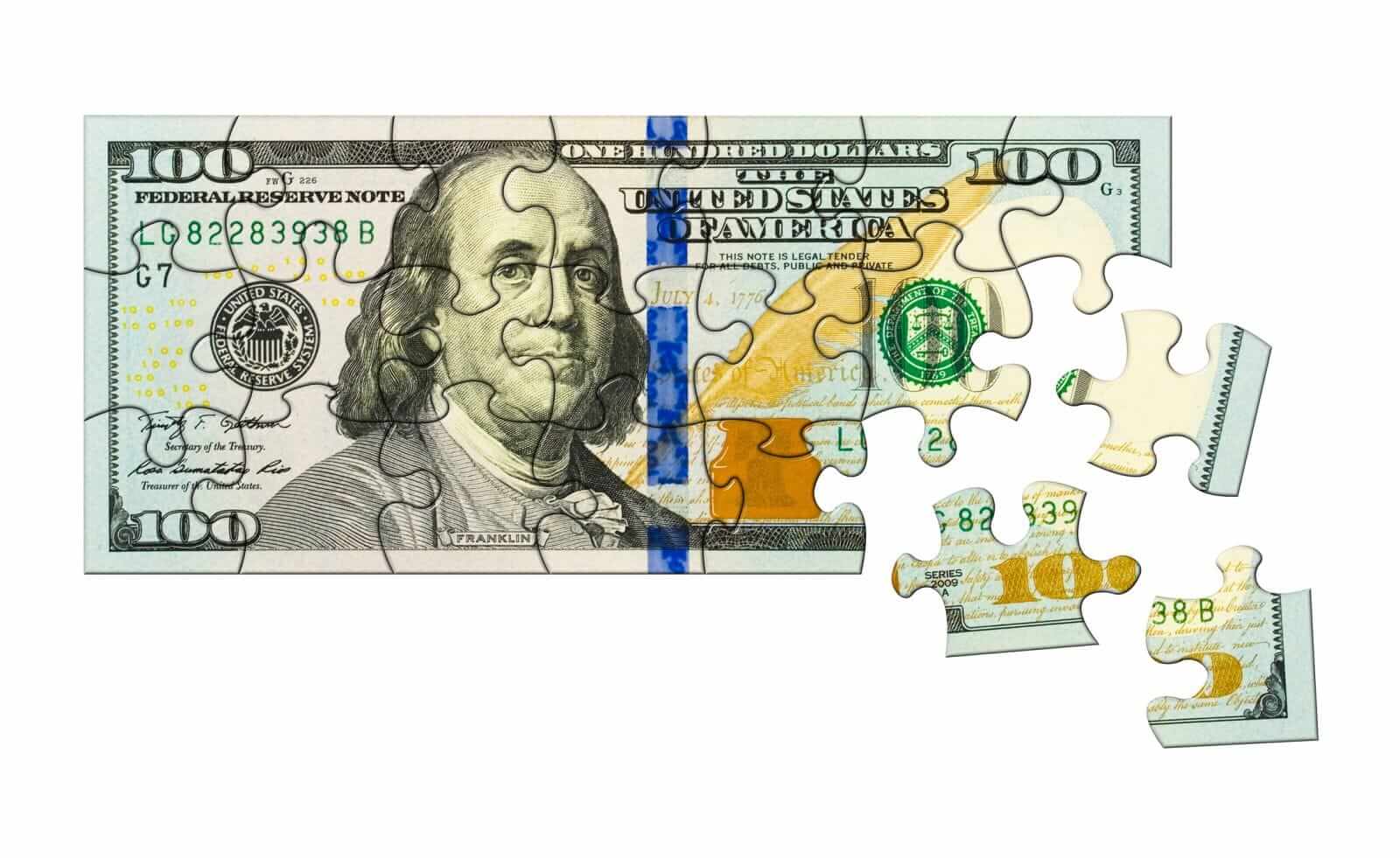Dollar Falls on Possible Easing of Israel-Iran Hostilities

The dollar index (DXY00) fell by 0.12% on Monday due to reduced safe-haven demand for the dollar, as investors hoped that the conflict between Israel and Iran would be contained. The dollar was also under pressure from Monday's US economic news, which showed an unexpected decline in the June Empire manufacturing general business conditions survey. Losses in the dollar accelerated Monday on a news report that said Iran wants to cease hostilities and restart talks over its nuclear program. The dollar remains generally weak due to expectations of weaker US economic growth and reduced foreign investment in the US caused by President Trump's tariffs. Losses in the dollar were limited on Monday due to higher T-note yields.
The US Jun Empire manufacturing survey of general business conditions unexpectedly fell -6.8 to -16.0, weaker than expectations of an increase to -6.0.
The Wall Street Journal reported Monday that Iran seeks to an end to hostilities and wants a resumption of talks over its nuclear program. The Iranian government told Arab officials it would be open to return to the negotiating table as long as the US doesn't join the attack. The Iranian government also sent messages to Israel saying it is in the interest of both sides to keep the violence contained. However, Israeli Prime Minister Netanyahu has said the attacks will continue until Iran's nuclear program and ballistic missiles are destroyed, and he has shown no indication he is ready to stop.
The markets are discounting the chances at 0% for a -25 bp rate cut after the Tue-Wed FOMC meeting.
EUR/USD (^EURUSD) Monday rose by +0.16%. Monday's weaker dollar benefitted the euro. The euro also garnered support from Monday's positive comments from ECB Vice President Guindos, who said the threat of inflation falling short of the ECB's 2% target is contained, and wage increases are easing to levels seen as compatible with the ECB's goal. Gains in the euro were limited after Monday's economic news showed easing wage pressures in the Eurozone, a dovish factor for ECB policy.
Eurozone Q1 labor costs eased to +3.4% y/y from +3.8% y/y in Q4, the smallest pace of increase since Q3 of 2022.
Swaps are discounting the chances at 7% for a -25 bp rate cut by the ECB at the July 24 policy meeting.
USD/JPY (^USDJPY) Monday rose by +0.41%. The yen moved lower on Monday as the rebound in global equity markets curbed safe-haven demand for the yen. The yen is also being undercut by expectations that the BOJ will leave interest rates unchanged and maintain a dovish tilt on monetary policy during its 2-day meeting that ends Tuesday. Losses in the yen accelerated Monday as T-note yields rose.
The yen on Monday recovered from early losses and briefly moved higher due to weakness in the dollar. Also, the recent spike in crude oil prices to a 4-3/4 month high may lead to higher energy prices and faster inflation in Japan, a hawkish factor for BOJ policy.
August gold (GCQ25) Monday closed down -35.50 (-1.03%), and July silver (SIN25) closed up +0.093 (+0.16%). Precious metals on Monday settled mixed, with gold prices falling from a 5-week high. Monday's rebound in global equity markets has reduced demand for safe-haven assets, including precious metals. Also, higher global bond yields on Monday are pressuring precious metals prices. Silver prices were undercut by weaker-than-expected Chinese economic news, including May's new home prices and industrial production, which were negative factors for industrial metals demand. Losses in gold prices accelerated Monday on news that Iran wants to cease hostilities and restart talks over its nuclear program.
Monday's weaker dollar is bullish for metals prices. Precious metals continue to receive support from safe-haven demand stemming from the conflicts between Israel and Iran, as well as Ukraine and Russia. Also, global trade uncertainty is boosting safe-haven demand for precious metals after President Trump indicated last Wednesday that he is moving ahead with his reciprocal tariffs. Fund buying is also supporting gains in silver, as silver holdings in ETFs rose to a 2-1/4 year high last Friday.
China May new home prices fell -0.22% m/m, the twenty-fourth consecutive month home prices have declined.
China May industrial production rose +5.8% y/y, weaker than expectations of +6.0% y/y.
On the date of publication, Rich Asplund did not have (either directly or indirectly) positions in any of the securities mentioned in this article. All information and data in this article is solely for informational purposes. For more information please view the Barchart Disclosure Policy here.